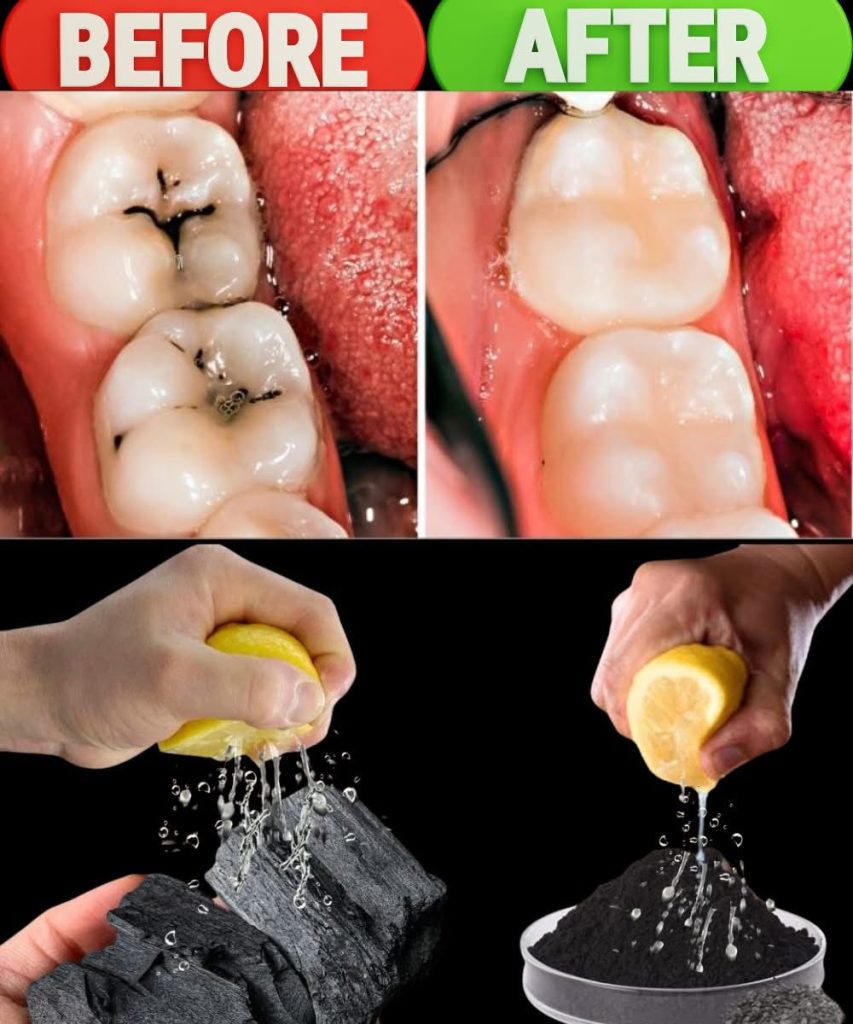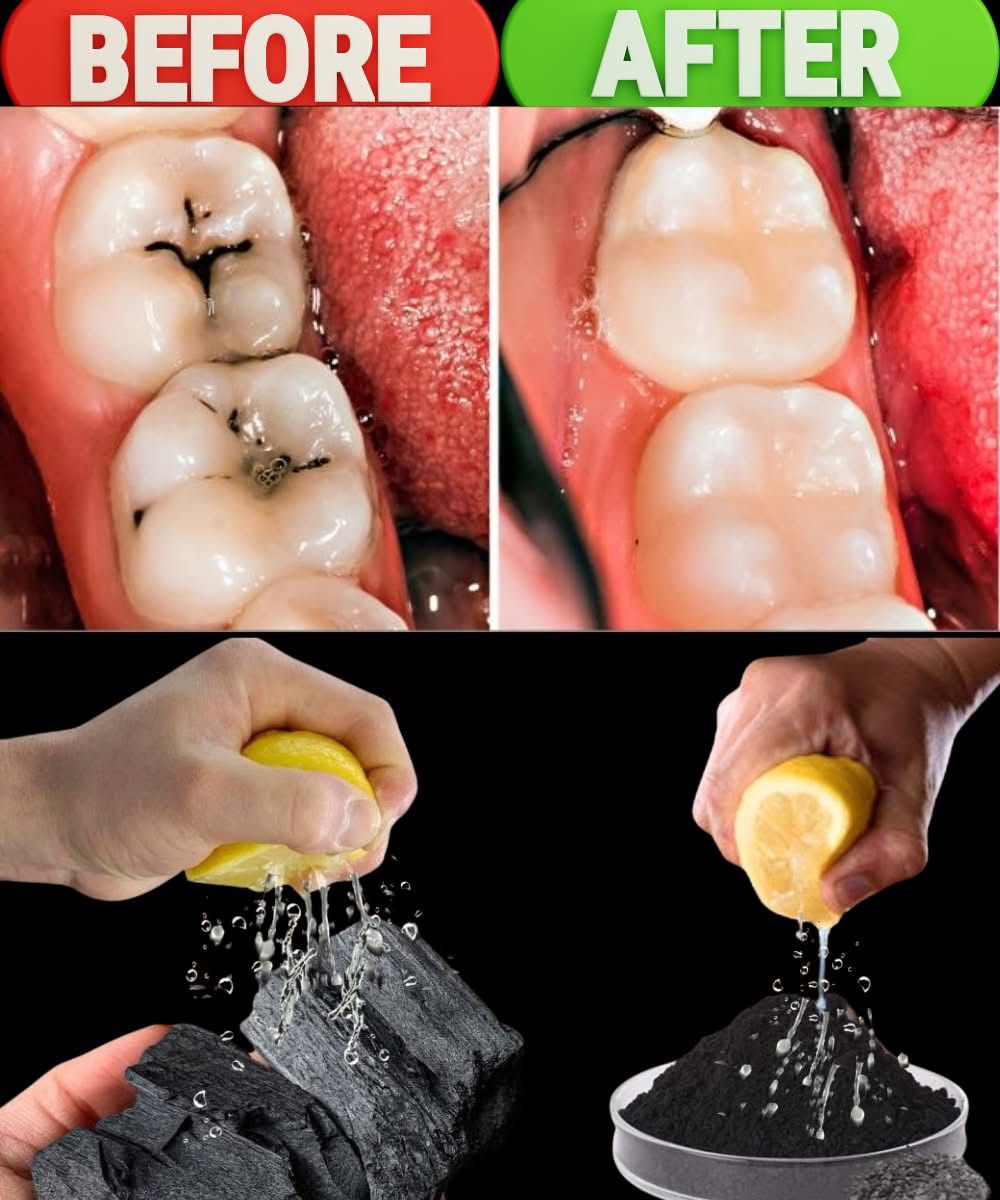How to Naturally Repair a Cavity Keep These Tips in Mind to Avoid Visiting the Dentist

Dental cavities—those tiny holes in your teeth—are usually caused by a combination of poor oral hygiene, sugary diets, and harmful bacteria. Once a cavity has fully formed, especially if it’s deep, you typically need a dentist to intervene. However, in the early stages, there’s promising evidence that you can slow down, stop, or even reverse tooth decay naturally. In this guide, you’ll learn the science-backed ways to support natural cavity healing and protect your teeth to potentially avoid the drill.
First, Can You Really Heal Cavities Naturally?
The short answer: Yes and No.
- Early-stage cavities, called incipient caries, can be remineralized—this means you can stop them from getting worse, and even restore some of the lost minerals.
- Advanced cavities, once they’ve eaten into the dentin or pulp (deeper layers of your tooth), cannot be reversed at home. They require professional treatment.
So, the key is catching decay early and creating the right environment for healing.
1. Eat a Tooth-Friendly Diet
Your diet plays a massive role in cavity development and healing.
Focus on:
- High-mineral foods: Bone broth, leafy greens, sardines (with bones), and seaweed are rich in calcium and magnesium.
- Healthy fats: Grass-fed butter, coconut oil, avocados, and omega-3s from wild fish.
- Fat-soluble vitamins: Especially Vitamins A, D, E, and K2. These help your body use minerals properly to build strong enamel.
- Fermented foods: Yogurt, kefir, and sauerkraut help balance your oral and gut microbiome.
Avoid or reduce:
- Sugar, especially refined sugar and sugary drinks.
- White flour and processed grains.
- Sticky snacks that cling to teeth and feed bad bacteria.
- Frequent snacking, which doesn’t give your mouth a chance to neutralize acids.
2. Practice Remineralizing Oral Care
Oral hygiene isn’t just about cleaning—it’s also about mineral support.
Switch to remineralizing toothpaste:
Look for toothpaste that contains:
- Hydroxyapatite (a natural alternative to fluoride)
- Xylitol (fights bacteria and prevents plaque)
- Calcium phosphate
- Clay-based pastes like bentonite clay, which detoxify and remineralize
Use natural mouth rinses:
Try:
- Saltwater rinse: Soothes gums and kills bacteria.
- Green tea: Contains catechins that reduce plaque and bacteria.
- Xylitol rinses: Disrupts cavity-causing bacteria like Streptococcus mutans.
3. Try Oil Pulling
Oil pulling is an ancient Ayurvedic technique that may help remove bacteria and support oral detoxification.
How to do it:
- Swish 1 tablespoon of coconut oil in your mouth for 10–20 minutes.
- Spit into the trash (not sink), rinse, then brush your teeth.
- Do it daily, preferably in the morning before eating.
Coconut oil contains lauric acid, which has antimicrobial properties that can help fight harmful bacteria.
4. Stay Hydrated and Balance Your pH
Your saliva is your body’s first line of defense against cavities. It neutralizes acids, carries minerals, and washes away food particles.
To support healthy saliva:
- Drink plenty of water, especially between meals.
- Chew sugar-free gum with xylitol to stimulate saliva production.
- Avoid acidic beverages (soda, energy drinks, vinegar drinks) or rinse your mouth with water afterward.
5. Address Root Causes of Tooth Decay
Hormonal Imbalances
Hormonal changes (especially in women) can affect oral health. If you’re experiencing issues like dry mouth, increased sensitivity, or gum changes, it could be tied to hormone fluctuations.
Gut Health
Your gut and mouth are directly linked. Poor gut health = poor mineral absorption and worse immune function = higher cavity risk.
Chronic Stress
Stress raises cortisol, weakens your immune system, and can lead to dry mouth or grinding teeth—both bad for oral health.
6. Consider Natural Supplements for Teeth Remineralization
Talk to a health professional before starting supplements, but here are some often-recommended ones for natural tooth support:
- Vitamin D3 + K2 combo: Supports calcium absorption and placement into bones/teeth.
- Magnesium: Helps regulate calcium and enamel formation.
- Cod Liver Oil: Rich in Vitamins A & D.
- Calcium + phosphorus (if not getting enough through diet).
7. Monitor Changes and Don’t Ignore Symptoms
Natural healing takes time, and you’ll need to monitor for:
- Spots on teeth changing from white to brown = worsening decay.
- Sensitivity or pain = deeper decay = time to visit a dentist.
- Improvement = less sensitivity, shinier enamel, no new spots.
If you’re unsure whether a cavity is reversing, a dental check-up can still help without drilling—they can take x-rays and confirm whether natural methods are working.
When to See the Dentist (Yes, Sometimes You Should)
No matter how committed you are to natural methods, don’t delay treatment if:
- You have sharp pain or ongoing tooth sensitivity.
- There’s visible damage or a dark hole.
- You feel swelling, fever, or signs of infection.
Dentists aren’t just there to drill and fill—they can also help track your healing, offer sealants, or suggest fluoride alternatives.
Summary: Natural Cavity Repair Checklist
| Habit | Benefit |
|---|---|
| Eat a mineral-rich, low-sugar diet | Fuels natural enamel repair |
| Use remineralizing toothpaste | Supports rebuilding lost minerals |
| Try oil pulling | Reduces oral bacteria |
| Stay hydrated | Promotes saliva flow and pH balance |
| Supplement with D3, K2, and magnesium | Enhances mineral absorption |
| Avoid snacking and sugar | Starves cavity-causing bacteria |
| Monitor symptoms | Catch problems early |
Final Thoughts
You may be able to avoid the dentist’s chair—if you catch tooth decay early, support your body with the right nutrients, and take your oral hygiene seriously. Natural cavity repair isn’t magic, but it is possible with consistency and awareness.
If you’re already showing signs of deep decay, visiting a dentist doesn’t mean giving up on holistic health—it just means combining modern science with natural wisdom.
